Arbitrator Code of Conduct and Ethics: A Standard for Regulating Arbitrator Behavior
I. The Origin of Arbitration Legislation and Rules for Arbitrator Code of Conduct and Ethics
The primary responsibility of arbitrators is to comply with relevant regulations to ensure fair and reasonable arbitration. In commercial arbitration activities, arbitrators should adhere to the arbitration laws of various countries and the arbitration rules of arbitration institutions as their guiding principles. Only within the framework of regulations can arbitrators ensure independence and impartiality and uphold fairness and reasonableness in their rulings, forming the cornerstone of the entire arbitration system.
II. Collaborative Mechanism of Arbitrator Code of Conduct and Ethics in the Commercial Arbitration System
(1) Importance of Arbitrator Code of Conduct
The arbitrator's code of conduct is the soul of the arbitration system, encompassing the basic norms that arbitrators should follow during the adjudication process. On one hand, arbitrators must maintain independence and neutrality, meaning they are not influenced by any party in specific cases. Furthermore, arbitrators should avoid establishing overly intimate relationships with the parties in their daily lives, ensuring impartiality in their rulings. On the other hand, the arbitrator's code of conduct requires arbitrators to possess professional competence. Only by understanding relevant laws and industry knowledge can arbitrators better comprehend the facts of a case and make reasonable judgments, ensuring that the arbitration results align with legal provisions and principles of justice.
(2) Role of Ethics in Arbitration
In addition to strict adherence to the code of conduct, the ethical qualities of arbitrators are equally crucial. Ethics in arbitration are not merely a requirement but a commitment. Firstly, arbitrators must maintain confidentiality. The confidentiality requirements of the commercial arbitration system necessitate arbitrators to safeguard arbitration-related information and refrain from disclosing it to third parties, preserving the legitimate rights of the parties involved. Secondly, arbitrators must exhibit a spirit of impartiality and selflessness. During adjudication, arbitrators must transcend personal emotions and private interests to uphold the authority and fairness of the law. This requires arbitrators to maintain a high level of sensitivity to professional ethics, remaining uninfluenced by external factors.
(3) Complementary Nature of Arbitrator Code of Conduct and Ethics
Arbitrator codes of conduct and ethics form a complementary relationship in the arbitration process, mutually reinforcing and providing a solid guarantee for the fairness and legality of rulings. The code of conduct offers clear standards and guidelines for arbitrators to follow in adjudicating cases, outlining the principles and behavioral norms they should adhere to. Simultaneously, ethical requirements impose higher-level self-demands, going beyond mere compliance with regulations. Through a strong ethical foundation, arbitrators can better embody the code in practice, showcasing an organic integration of legal values and social responsibility. In the arbitration process, the ethical standards of arbitrators become a crucial basis for their judgment and rulings, emphasizing the protection of the parties' rights while infusing a human touch into the arbitration process.
III. Advantages of APIAC Arbitrators: Professional Knowledge and Noble Character
As Professor Ma Zhanjun, the President of the Asia-Pacific International Arbitration Center (APIAC), stated in his work "Research on the Independence of Commercial Arbitrators": "Arbitrators must not harbor bias or favoritism towards any party in their subjective cognition, and commercial arbitrators must not have objective situations or connections with the external world that undermine fairness and justice." While regulations and international arbitration rules universally stipulate that commercial arbitrators must maintain independence and impartiality, the emphasis on the "impartiality" and "independence" of commercial arbitrators varies in different regulations. Essentially, these regulations require commercial arbitrators to possess both impartiality and independence. Achieving impartiality and independence not only relies on legal provisions and arbitration rules but also on enhancing the professional competence and character of arbitrators.
"The quality of arbitration awards depends on arbitrators." The Asia-Pacific International Arbitration Center (APIAC) gathers top experts and scholars from various fields such as law, finance, intellectual property, construction engineering, medicine, mining, and real estate. They exhibit exemplary moral qualities and come from around the world, including Singapore, China, the United States, Canada, Macau, and Hong Kong, enabling them to conduct dispute resolution in multiple languages. At the same time, APIAC provides guidance on the codes of conduct and ethics that arbitrators must adhere to, ensuring the independence and impartiality of arbitrators and offering the best solution for parties to choose independent and impartial arbitrators to adjudicate disputes.
Recommended Book: "A Study on the Independence of Commercial Arbitrators"
news
-
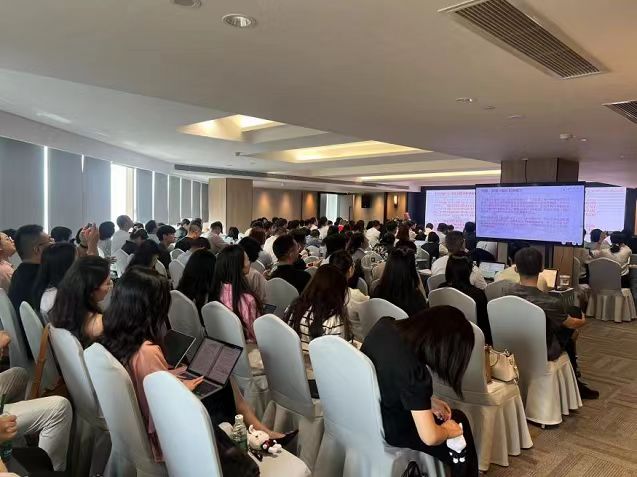 2023-09-21 02:01:59
2023-09-21 02:01:59 -
 2023-09-21 02:01:59
2023-09-21 02:01:59 -
 2023-09-26 14:22:56
2023-09-26 14:22:56 -
 2023-10-07 08:34:26
2023-10-07 08:34:26 -
 2023-10-13 11:08:58
2023-10-13 11:08:58 -
 2023-10-25 10:30:58
2023-10-25 10:30:58 -
 2023-10-25 11:08:40
2023-10-25 11:08:40 -
2023-11-22 14:57:27
-
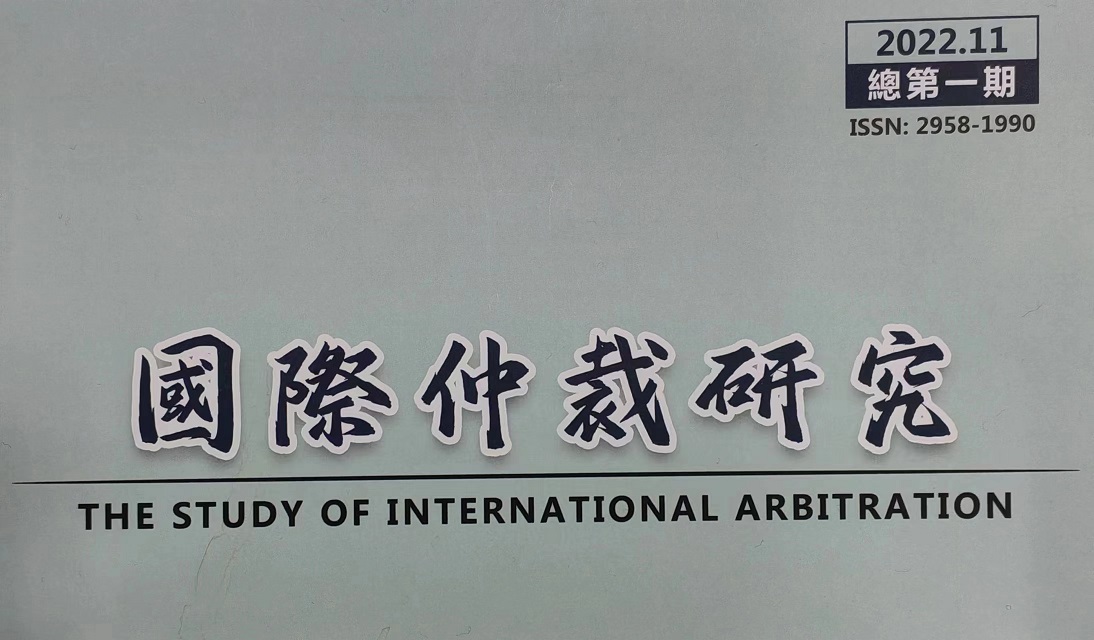 2023-11-24 16:06:15
2023-11-24 16:06:15 -
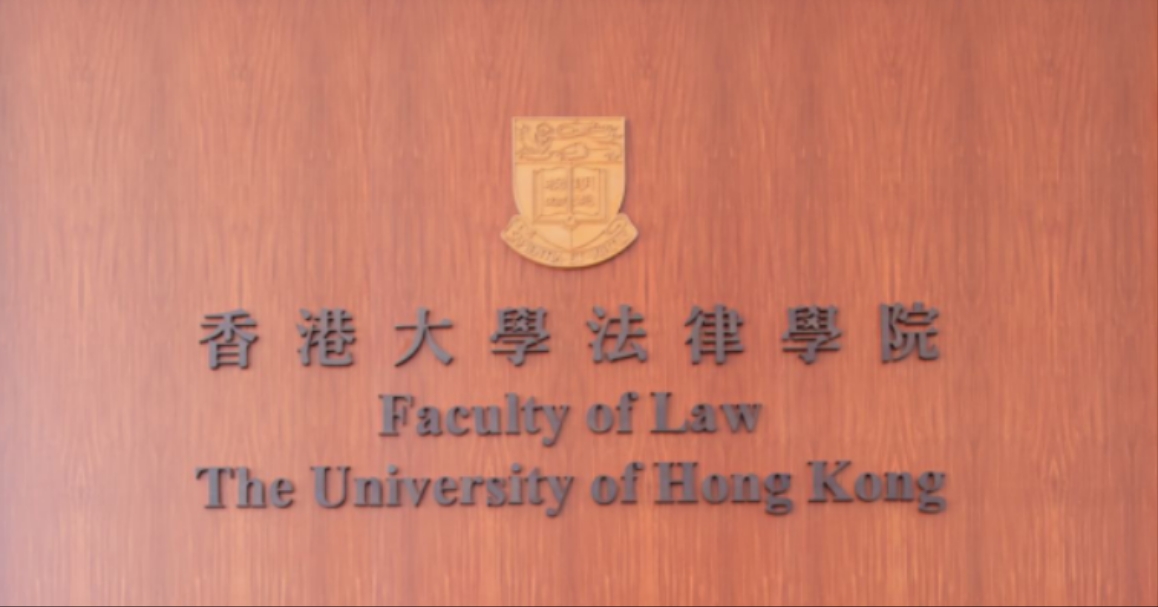 2023-11-24 17:34:06
2023-11-24 17:34:06 -
.jpg) 2023-11-27 11:07:53
2023-11-27 11:07:53 -
.png) 2023-12-07 11:34:06
2023-12-07 11:34:06 -
 2023-12-19 09:18:51
2023-12-19 09:18:51 -
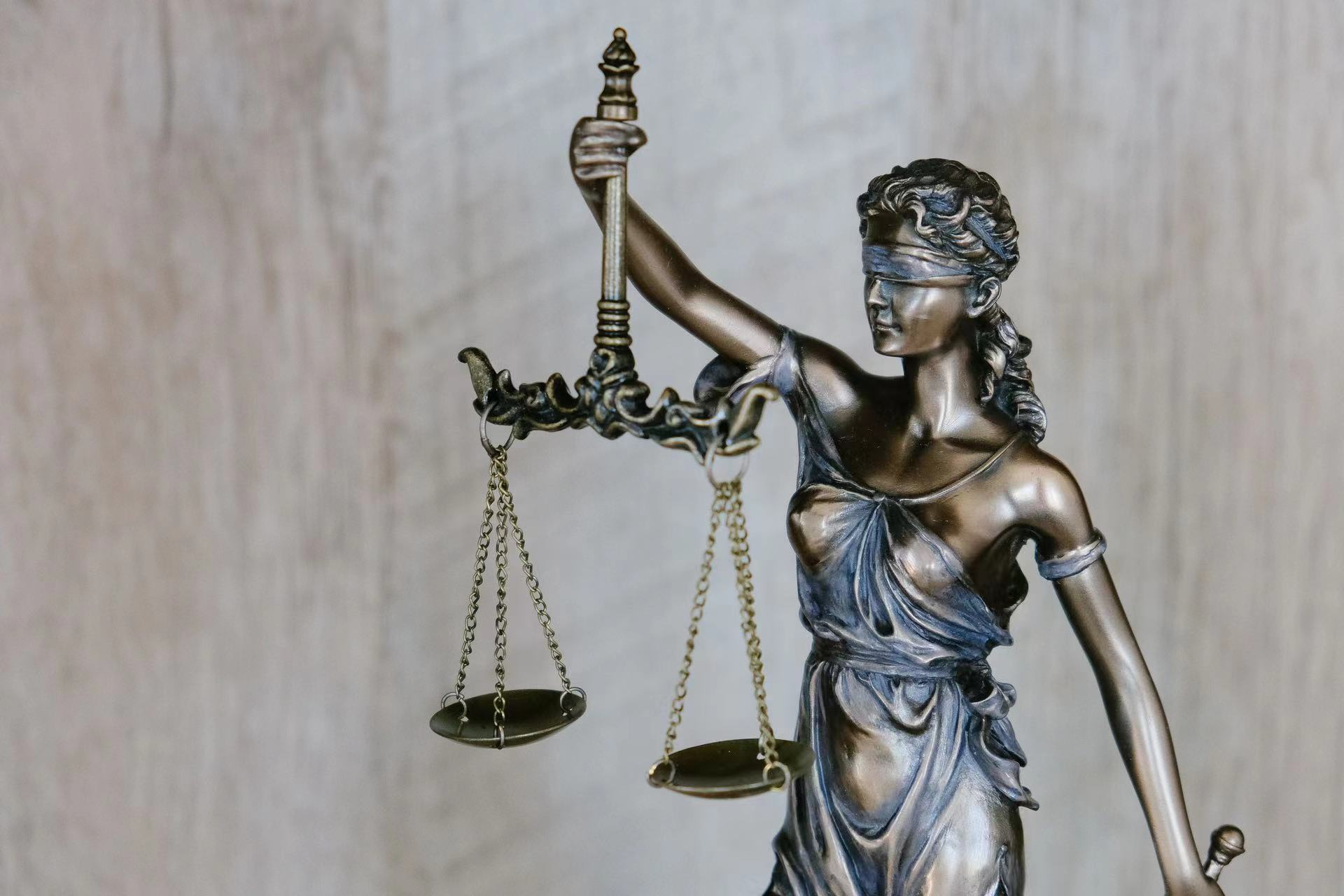 2023-12-19 11:38:23
2023-12-19 11:38:23 -
 2023-12-19 11:53:22
2023-12-19 11:53:22 -
 2023-12-19 14:46:19
2023-12-19 14:46:19 -
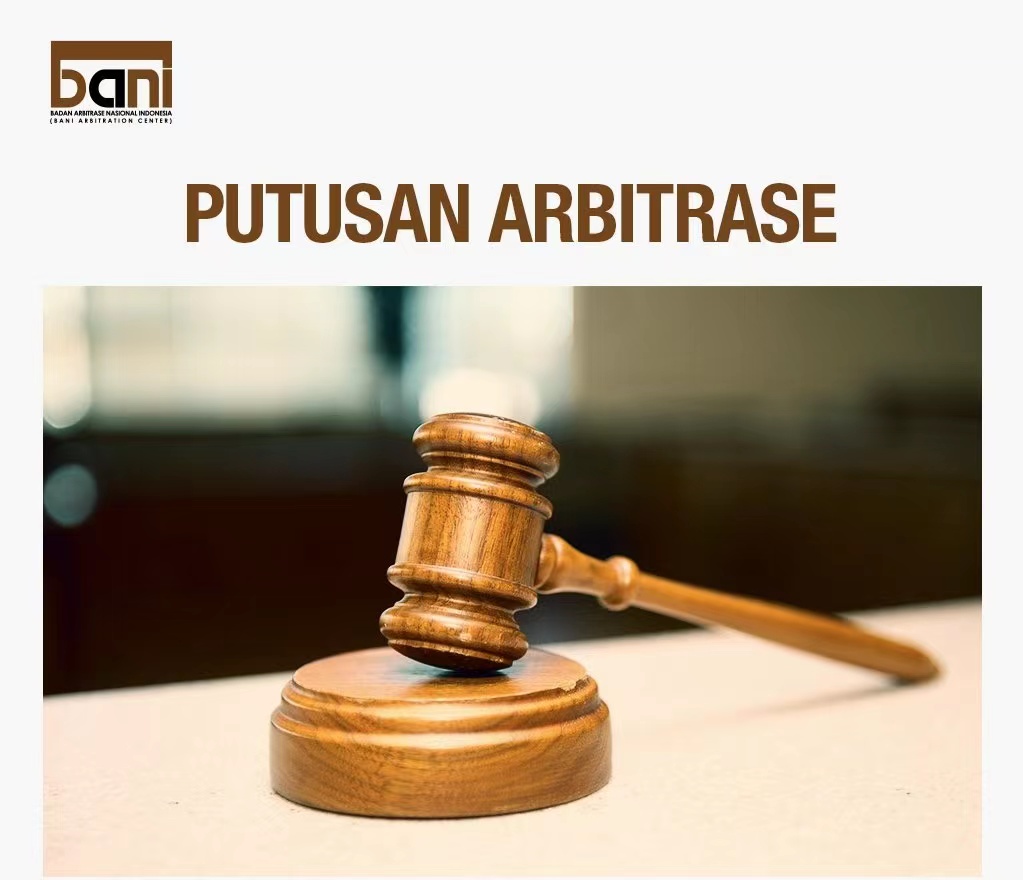 2023-12-21 14:43:26
2023-12-21 14:43:26 -
 2023-12-25 11:04:59
2023-12-25 11:04:59 -
 2023-12-27 10:40:15
2023-12-27 10:40:15 -
.png) 2023-12-29 14:07:14
2023-12-29 14:07:14 -
.jpg) 2023-12-29 14:10:32
2023-12-29 14:10:32 -
 2024-01-03 16:27:17
2024-01-03 16:27:17 -
 2024-01-12 10:36:42
2024-01-12 10:36:42 -
 2024-01-17 15:01:24
2024-01-17 15:01:24 -
 2024-01-30 10:10:28
2024-01-30 10:10:28 -
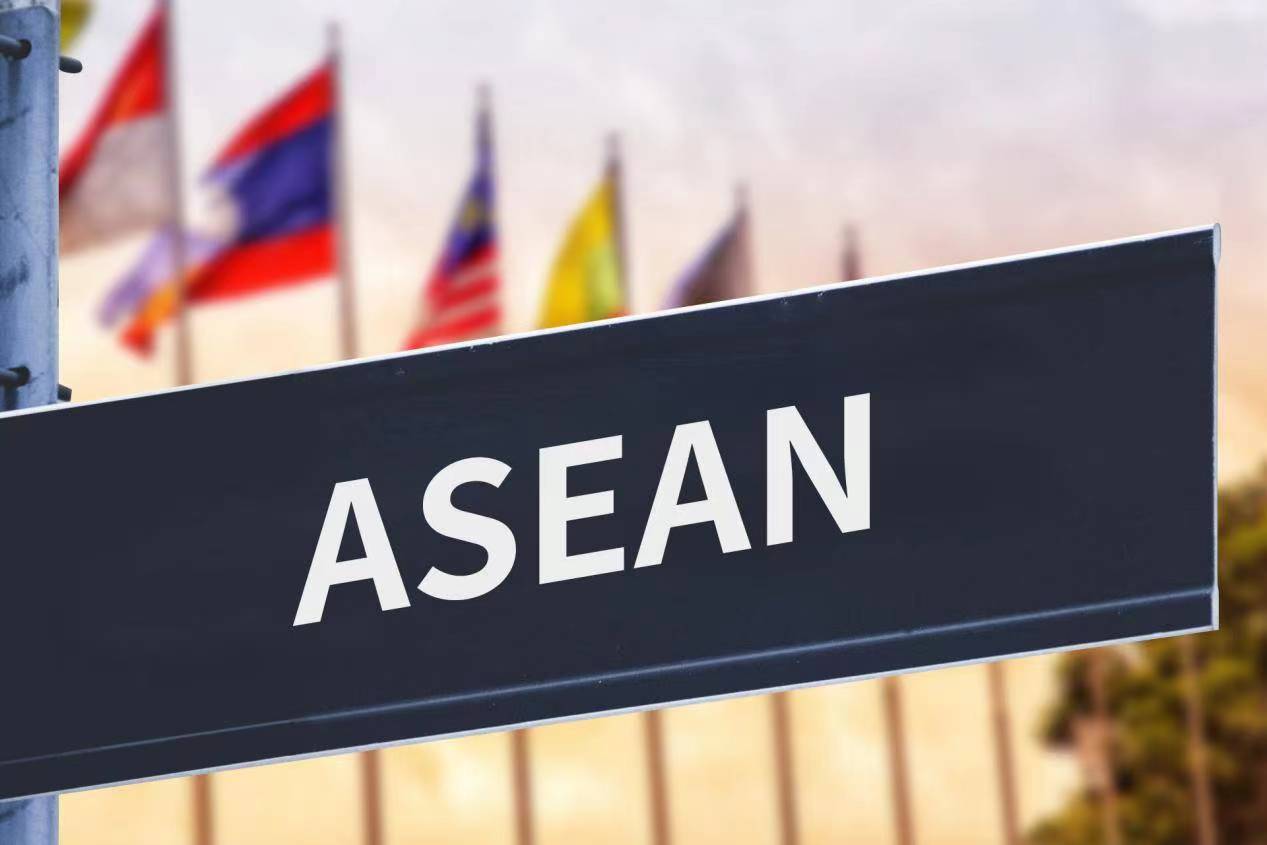 2024-01-30 10:45:10
2024-01-30 10:45:10 -
 2024-01-30 15:47:05
2024-01-30 15:47:05 -
 2024-01-30 16:10:56
2024-01-30 16:10:56 -
 2024-02-21 10:01:34
2024-02-21 10:01:34 -
 2024-02-21 10:05:01
2024-02-21 10:05:01 -
 2024-02-21 10:35:10
2024-02-21 10:35:10 -
2024-03-08 17:37:59
-
 2024-03-11 08:56:10
2024-03-11 08:56:10 -
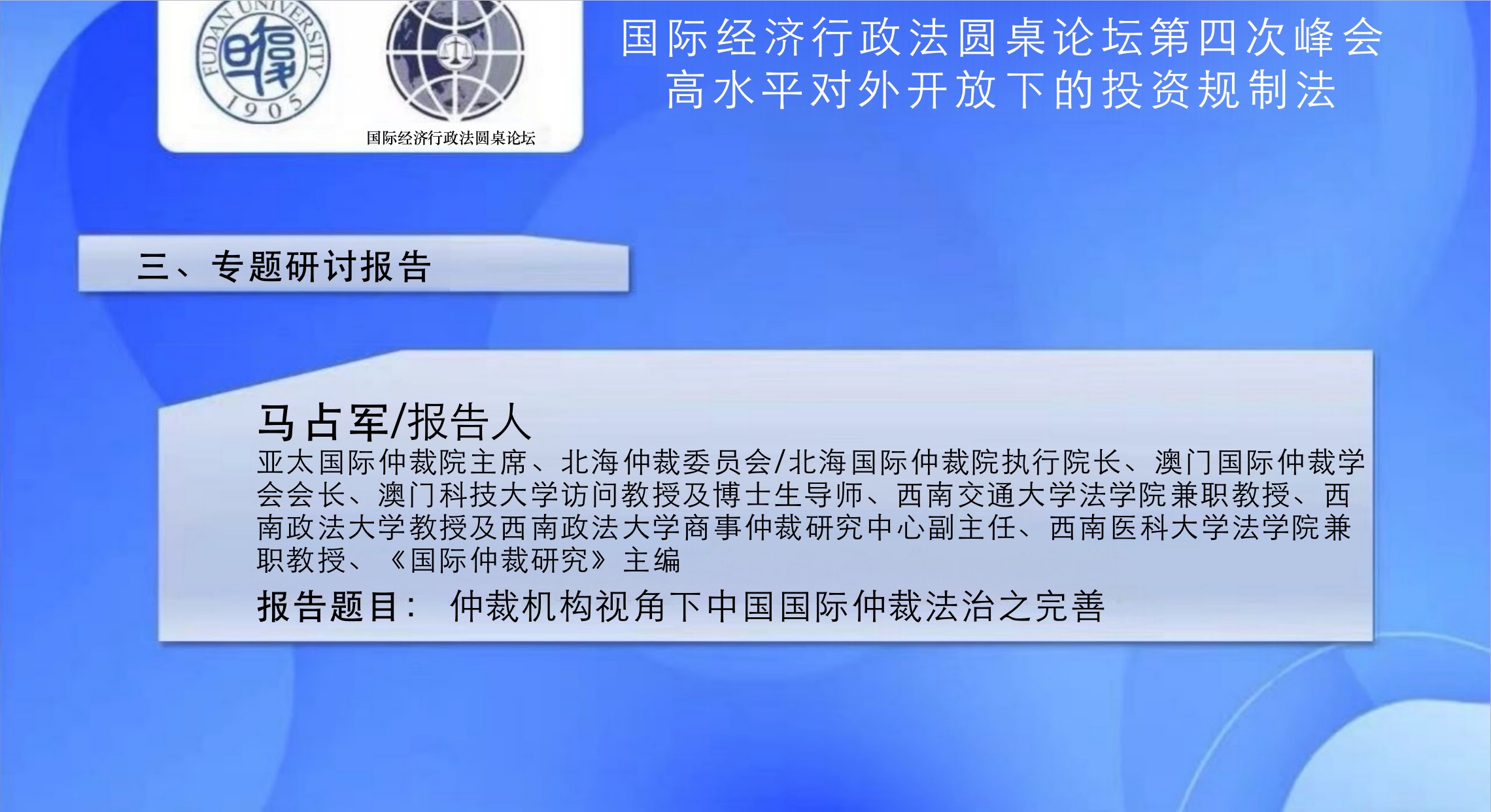 2024-03-22 14:24:24
2024-03-22 14:24:24 -
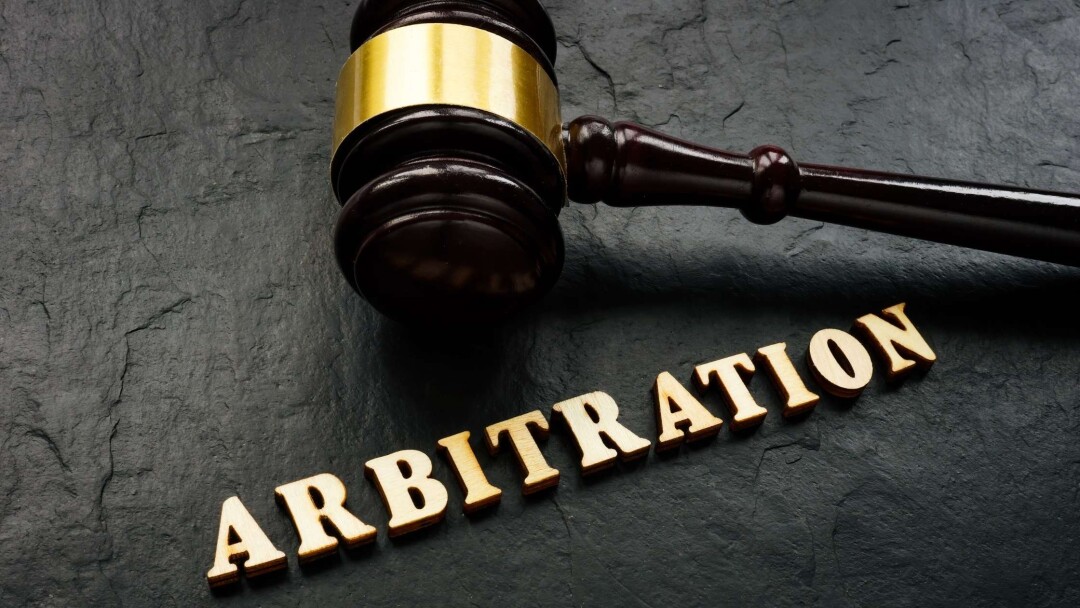 2024-03-26 13:21:28
2024-03-26 13:21:28 -
2024-03-27 11:38:36
-
 2024-03-27 11:43:15
2024-03-27 11:43:15 -
2024-03-28 16:56:51
-
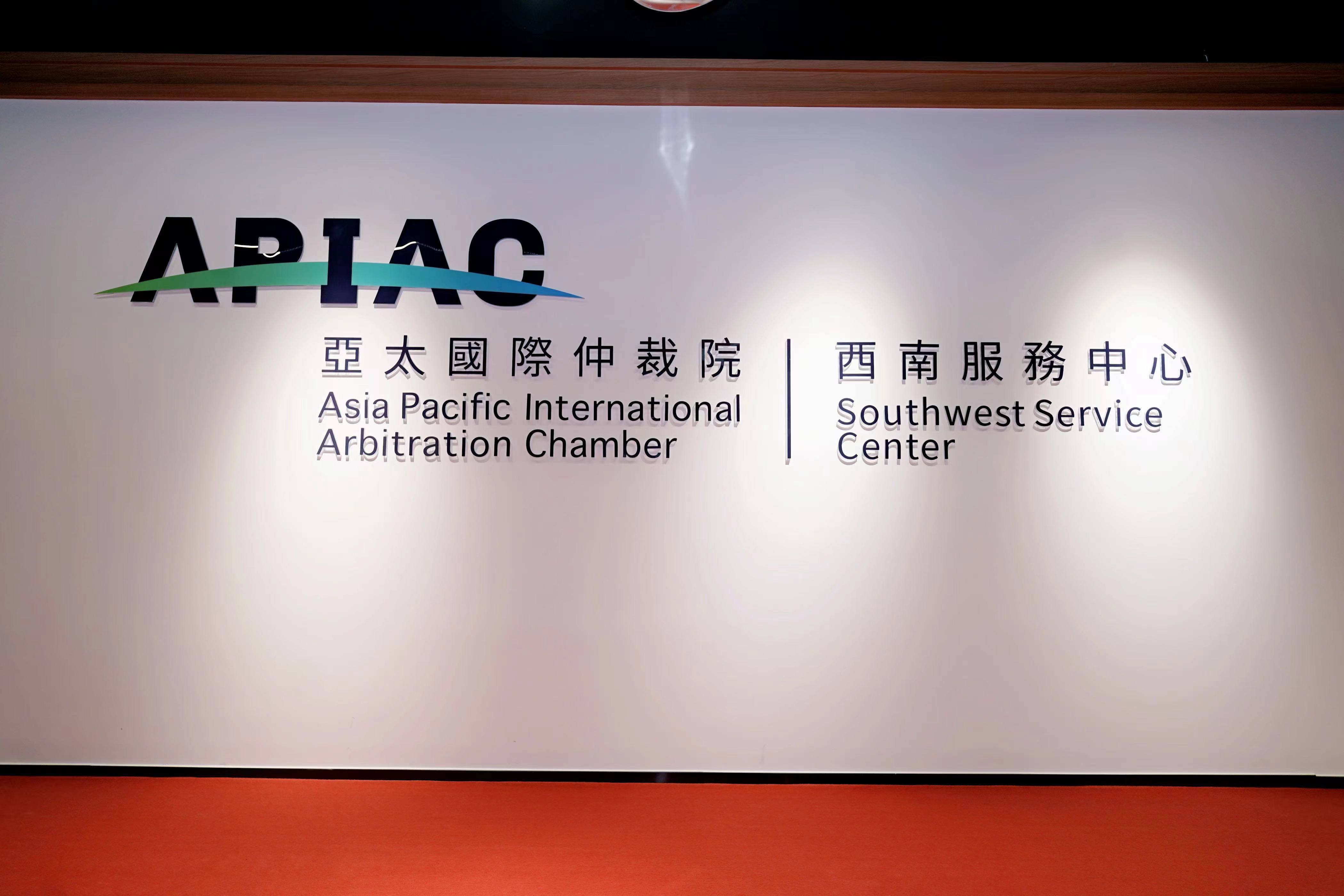 2024-04-01 14:59:03
2024-04-01 14:59:03 -
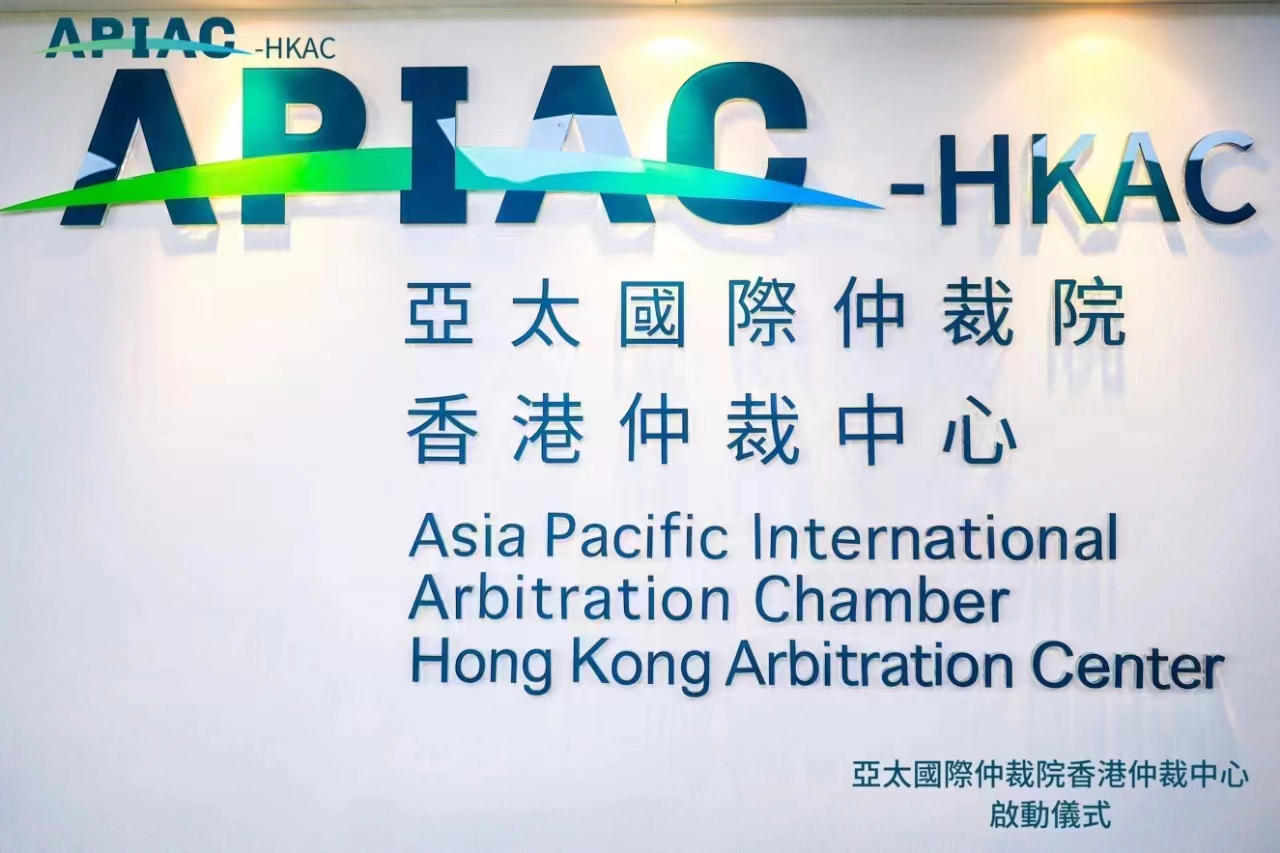 2024-04-09 10:46:25
2024-04-09 10:46:25 -
2024-04-09 11:55:48
-
 2024-04-09 16:01:04
2024-04-09 16:01:04 -
2024-04-15 16:34:57
-
2024-04-15 16:43:36
-
2024-04-18 16:34:31
-
2024-04-24 16:02:32
-
2024-04-25 17:26:30
-
2024-05-07 16:30:51
-
2024-05-11 14:54:18
-
2024-05-20 17:00:26
-
2024-05-31 16:19:03
-
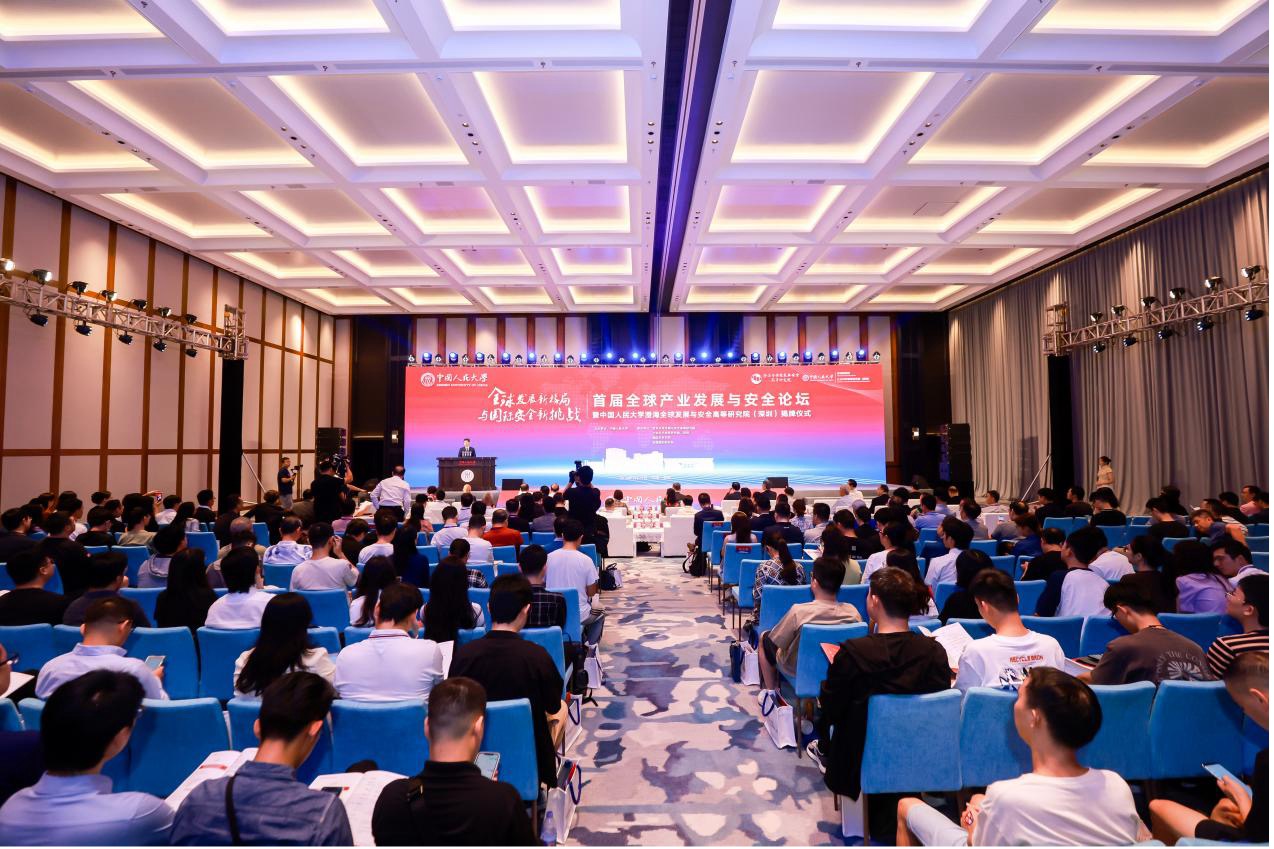 2024-05-31 16:41:28
2024-05-31 16:41:28 -
2024-05-31 16:53:49
-
2024-06-03 17:06:33
-
 2024-06-19 16:45:08
2024-06-19 16:45:08 -
 2024-06-24 11:44:37
2024-06-24 11:44:37 -
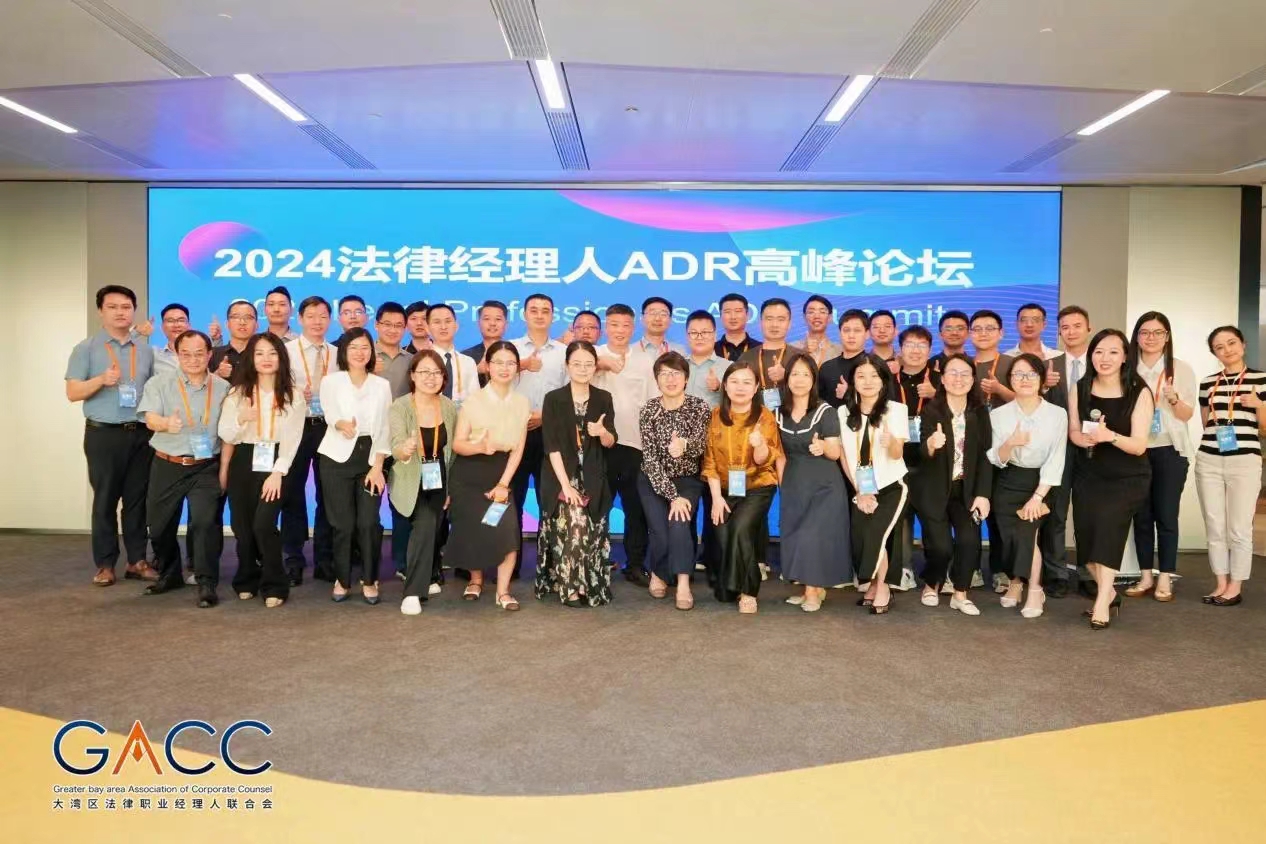 2024-06-24 17:56:13
2024-06-24 17:56:13 -
(1).png) 2024-06-25 15:34:49
2024-06-25 15:34:49 -
(1)(1).png) 2024-06-25 15:41:16
2024-06-25 15:41:16 -
.png) 2024-06-28 10:09:40
2024-06-28 10:09:40 -
 2024-07-03 14:33:07
2024-07-03 14:33:07 -
.png) 2024-07-03 14:53:48
2024-07-03 14:53:48 -
 2024-07-04 16:52:21
2024-07-04 16:52:21 -
 2024-07-09 09:31:59
2024-07-09 09:31:59 -
受邀参加“中资企业印尼投资法律论坛”(1).png) 2024-07-12 09:22:59
2024-07-12 09:22:59 -
.png) 2024-07-16 09:36:49
2024-07-16 09:36:49 -
.png) 2024-07-16 11:37:03
2024-07-16 11:37:03 -
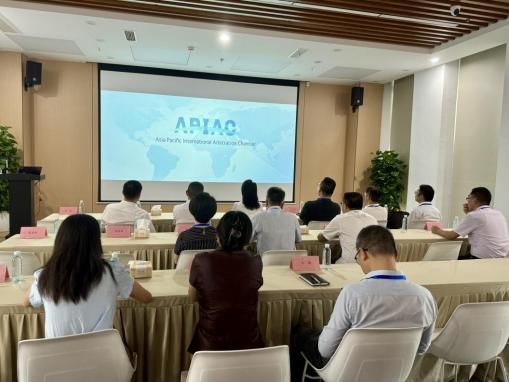 2024-07-19 10:43:08
2024-07-19 10:43:08 -
.png) 2024-07-22 10:59:23
2024-07-22 10:59:23 -
 2024-07-23 09:31:20
2024-07-23 09:31:20 -
.png) 2024-07-23 14:12:58
2024-07-23 14:12:58 -
.png) 2024-08-19 09:19:47
2024-08-19 09:19:47 -
.png) 2024-08-19 10:28:22
2024-08-19 10:28:22 -
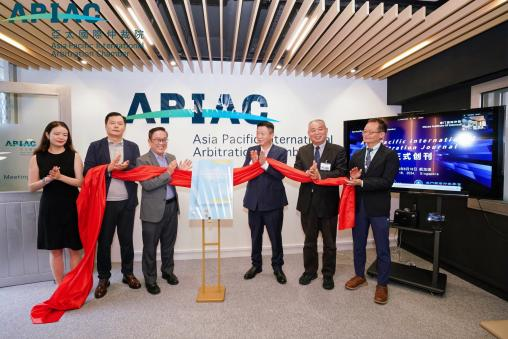 2024-08-29 10:12:54
2024-08-29 10:12:54 -
 2024-09-03 17:10:04
2024-09-03 17:10:04 -
.png) 2024-09-04 11:52:59
2024-09-04 11:52:59 -
) 2024-09-05 10:17:01
2024-09-05 10:17:01 -
.png) 2024-09-09 14:35:19
2024-09-09 14:35:19 -
 2024-09-09 15:10:13
2024-09-09 15:10:13 -
 2024-09-10 10:49:03
2024-09-10 10:49:03 -
.png) 2024-09-14 14:22:46
2024-09-14 14:22:46 -
.png) 2024-09-14 15:38:09
2024-09-14 15:38:09 -
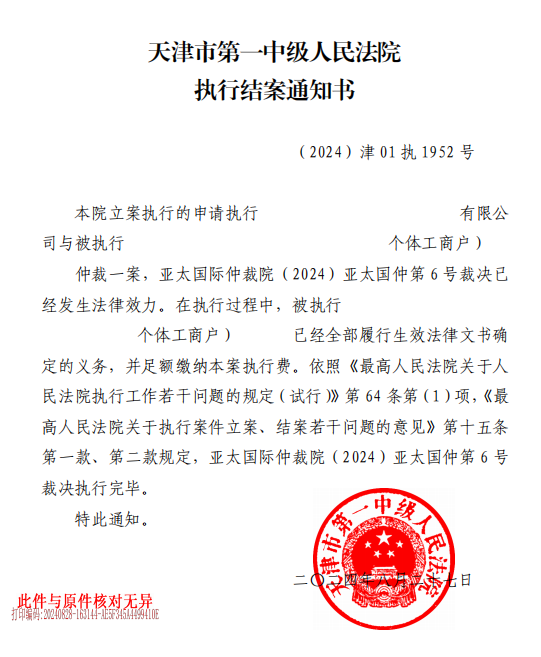 2024-09-18 11:33:35
2024-09-18 11:33:35 -
.png) 2024-09-18 14:26:08
2024-09-18 14:26:08 -
(1).png) 2024-09-23 16:07:22
2024-09-23 16:07:22 -
.png) 2024-09-23 16:17:09
2024-09-23 16:17:09 -
.jpg) 2024-09-23 17:08:06
2024-09-23 17:08:06 -
 2024-09-24 09:48:07
2024-09-24 09:48:07 -
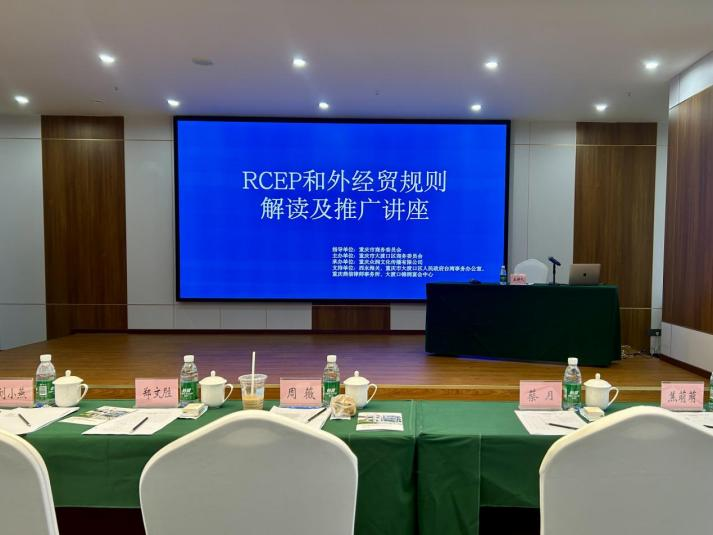 2024-09-24 12:00:38
2024-09-24 12:00:38 -
 2024-09-24 15:13:56
2024-09-24 15:13:56 -
 2024-09-25 16:06:59
2024-09-25 16:06:59 -
 2024-09-27 16:32:47
2024-09-27 16:32:47 -
 2024-09-29 16:35:43
2024-09-29 16:35:43 -
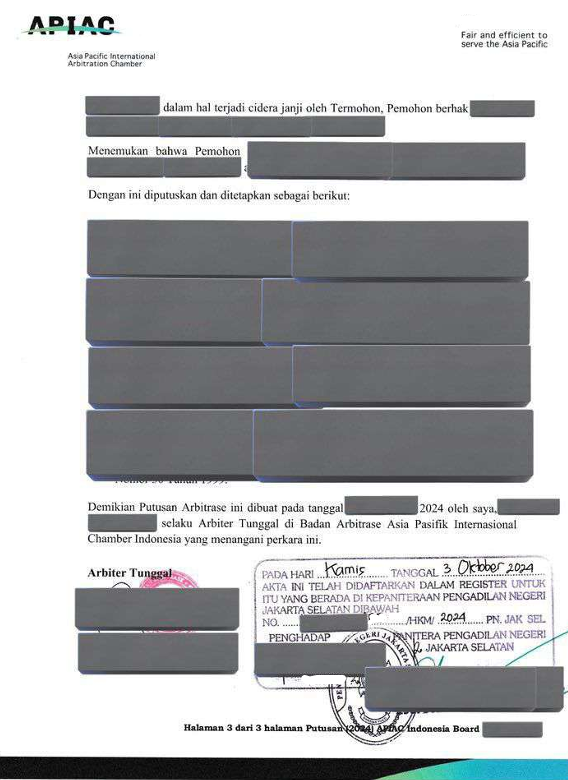 2024-10-09 09:38:56
2024-10-09 09:38:56 -
 2024-10-10 15:40:31
2024-10-10 15:40:31 -
 2024-10-11 15:13:22
2024-10-11 15:13:22 -
 2024-10-23 17:08:52
2024-10-23 17:08:52 -
 2024-10-23 17:10:37
2024-10-23 17:10:37 -
 2024-10-23 17:12:12
2024-10-23 17:12:12 -
 2024-10-24 12:36:20
2024-10-24 12:36:20 -
 2024-10-29 15:45:32
2024-10-29 15:45:32 -
 2024-11-01 16:45:33
2024-11-01 16:45:33 -
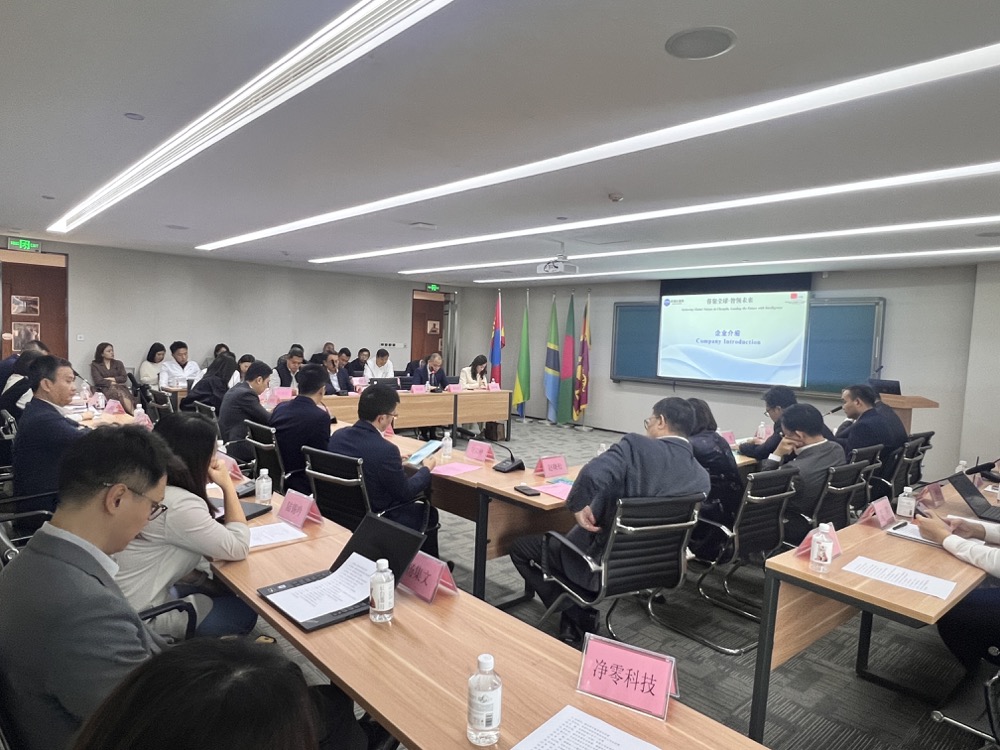 2024-11-01 16:50:15
2024-11-01 16:50:15 -
 2024-11-01 18:07:18
2024-11-01 18:07:18 -
 2024-11-05 15:44:55
2024-11-05 15:44:55 -
 2024-11-05 15:53:12
2024-11-05 15:53:12

 CN
CN BI
BI